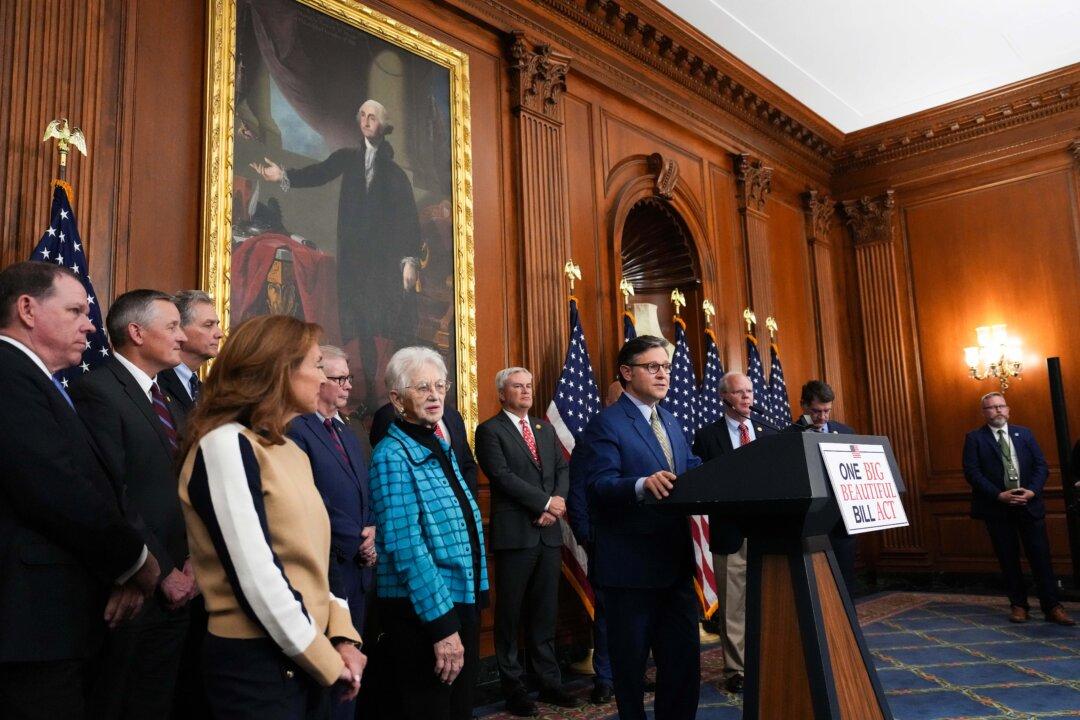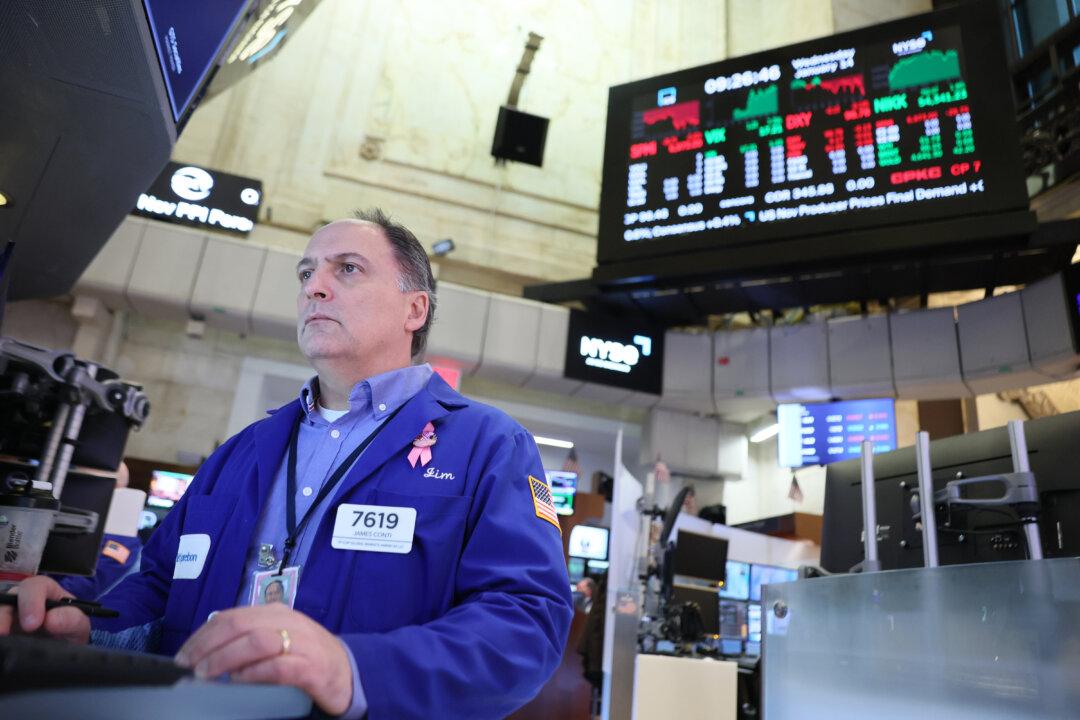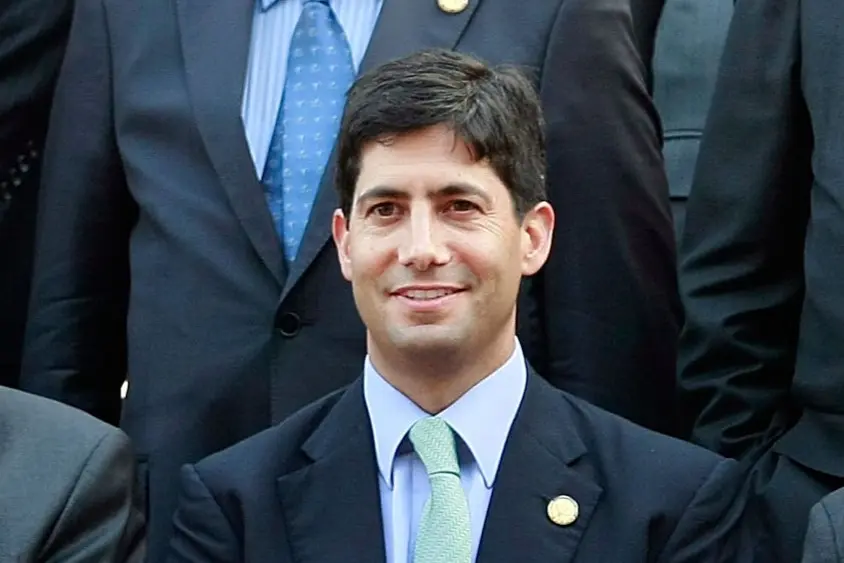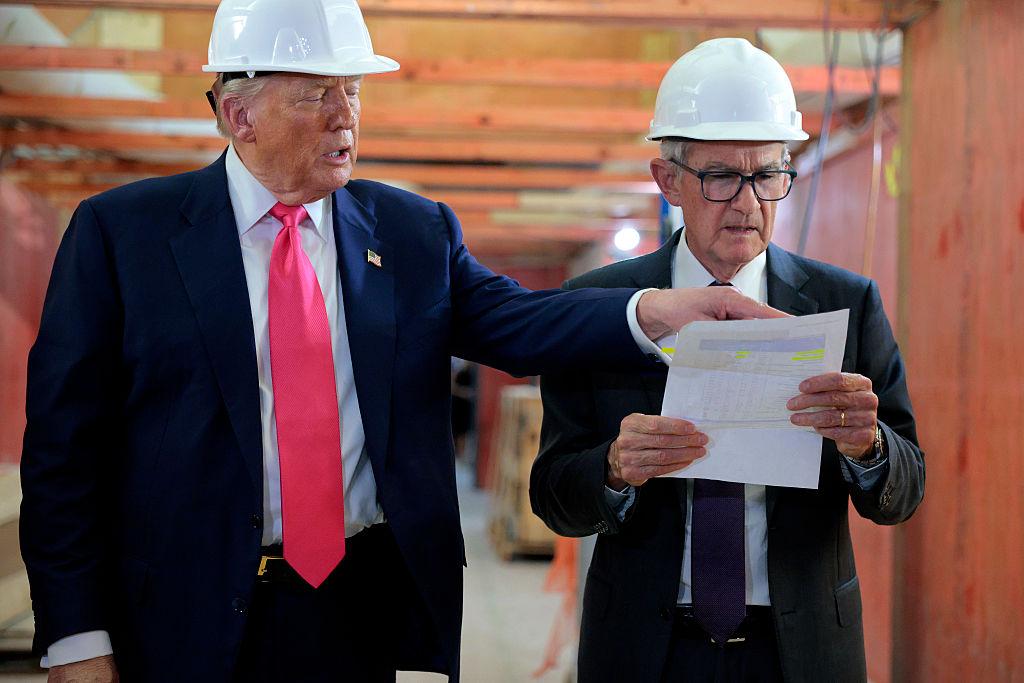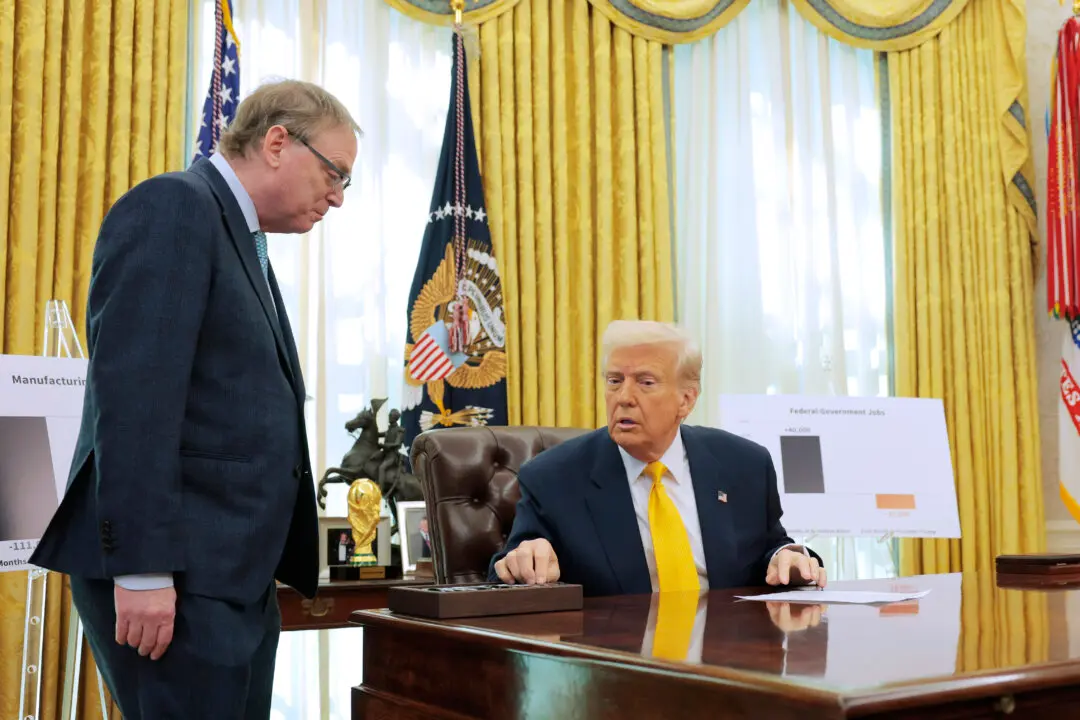As Speaker Johnson promised, the House of Representatives passed President Trump’s desire for a “big beautiful bill” by Memorial Day, on a tight 215 to 214 vote last Thursday, but it now has to be approved by the Senate – and there seem to be a few big hurdles to overcome there, with some Republican Senators wanting to see more spending cuts in addition to the massive middle-class tax cuts to fulfill President Trump’s campaign promises to eliminate taxes on Social Security, tips and overtime. A $40,000 state and local tax (SALT) deduction is also in the House bill, up from $10,000 currently. It will be interesting to see the adjustments the Senate makes, but I expect this monumental tax bill will be passed before the Fourth of July holiday.
In the meantime, President Trump has threatened a sweeping 50% tariff on the European Union (EU) if they don’t get serious about lowering their high tariffs this week. In a Truth Social post last Friday, the President said that the higher charges on the EU would start on June 1st, because “our discussions with them are going nowhere,” adding that he saw the European trading bloc as “very difficult to deal with.” Then, not surprisingly, the President added a new Truth Social post on Sunday, saying that the EU President requested an extension, adding, “I agreed to the extension – July 9, 2025… talks will begin rapidly.”
As I’ve said all along, these threats are mostly negotiating tactics to give President Trump negotiating leverage, so his harsh Friday message broke the log jam within two days, and negotiations will resume.
Here are the most important market news items and what this news means:
- The entire stock market is expecting great results and guidance from Nvidia after Wednesday’s market close. Jensen Huang is now the head cheerleader for AI and, eventually, quantum computing, since Nvidia recently held a quantum computing architecture contest that D-Wave (QBTS) won. I expect Huang to continue to inspire investors and AI users with upbeat guidance. It is up to Huang to paint a positive picture of how he expects AI to continue to unfold and literally envelop more aspects of our lives. One observation that I have made is that younger people are clearly AI-obsessed for superior internet search and advice.
- When President Trump did the trade deal with Britain, which had no reciprocal tariffs (just a 10% baseline tariff), one thing became crystal clear, namely that the Trump Administration wants to boost farm exports. Prime Minister Keir Starmer received plenty of criticism from the British media that he gave the U.S. access to compete with British beef at the expense of British farmers for nothing in return. Now President Trump is striving to get Switzerland to open up its agriculture markets and the possible expense at its own famous industry with lush Alpine meadows, cow bells, cheese and iconic brands, like Nestle. Switzerland has the highest food prices in Europe due to the protectionist barriers that have been erected to protect its domestic industry.
- Protectionist barriers also exist all over the European Union (EU), so the Trump Administration is striving to secure favorable trade deals with both Britain and Switzerland before securing a new trade deal with the EU. I do not expect that the EU will allow the Trump Administration to impose a 50% tariff on EU goods, if trade negotiations are progressing versus being at an impasse.
- In the event that the EU cannot reach a favorable trade deal with the U.S., I suspect that it could eventually lead to the implosion of the EU, which clearly is not favorably representing the 27 nations in the EU. The EU started as a trade and monetary union, but has mutated into an increasingly dysfunctional entity that meddles in the local politics of its members in France, Germany, Italy, Poland and Romania. Essentially, anti-EU candidates are attacked viciously if they oppose open immigration, climate change and other EU policies.
- Why President Trump’s push to get Europe to open up its agriculture markets is so interesting is that the EU has been systematically destroying the livelihood of farmers by its mandate to comply with the Paris Climate Accord by (1) restoring 30% of their farm land to a natural state, (2) culling their animal herds to reduce carbon dioxide, and (3) switching to organic fertilizers from chemical fertilizers made from nitrogen/potash. These oppressive farm rules created new political parties, like the Farmers’ Party in the Netherlands. In defense of the Netherlands farmers, are they supposed to flood 30% of their fields with salt water after building a system of dikes hundreds of years ago to comply with the mandate to “restore their fields to a natural state?” Clearly, the consequences of the Paris Climate Accord have not been well thought out and are systematically destroying the livelihood of many EU farmers. So, the threat of imports of U.S. agricultural products could systematically destroy many EU farms.
- The real problem is that the EU allows agricultural products from Latin America, so if they erect barriers on the U.S., they will also hurt Latin America’s agricultural exports. I hope you see why the EU is a dysfunctional mess and might eventually break up if it continues to destroy EU farms and other major businesses.
- New German Chancellor Friedrich Merz, Germany will be meeting President Trump in Washington, D.C., in the upcoming weeks. It will be interesting if President Trump’s calls for the German automakers to expand their U.S. operations will be openly discussed when Merz and Trump appear before the media. In the past, President Trump has offered work VISAs for any Germans who move to America to work in BMW, Mercedes, and VW Group’s auto plants. Furthermore, President Trump has bragged about (1) dramatically lower electricity costs, (2) lower labor costs, (3) no EV mandate by 2035, and other advantages like pro-business Southern states that are ready to expand their operations to accommodate the German auto industry. As a result, the meeting with President Trump and Chancellor Merz will be especially interesting.
- In the meantime, Chancellor Merz implied that the EU could retaliate against U.S. technology companies if the trade conflict with the Trump Administration escalates. Specifically, Merz said he aims to reduce tariffs and defuse tensions with the White House. Merz said, “At the moment, we strongly protect U.S. tech companies,” and added, “That can be changed, but I don’t want to escalate this conflict. I want to solve it together.”
- In the U.S., the Commerce Department announced that durable goods orders plunged 6.3% in April, following a 7.6% rise in March. Transportation plunged 17.1% in April due to a 51.5% decline in commercial aircraft orders. Excluding transportation, durable goods orders rose 0.2% in April. As a result, Boeing remains the primary drag on durable goods orders.
- The good news this week is that the Conference Board announced that its consumer confidence index surged in May to 98, up from 85.7 in April. Especially encouraging is that the expectations component soared to 72.8 in May, up from 55.4 in April. Other components like business conditions, employment prospects, and future income also rose in May. So, after consumer confidence declined for five straight months, the May resurgence is very significant, since consumers are now suddenly upbeat.
- Russia’s escalating assault on Ukraine made it crystal clear that Vladimir Putin has no intention of entering into a ceasefire or any peace agreement. Instead, Russia clearly wants to conquer all of Ukraine. Clearly, this puts the Trump Administration in a conundrum, since President Trump ran on ending the war. I suspect that any U.S. response, other than convincing Ukraine to surrender, will be unsatisfactory to Vladimir Putin. As a result, the Ukraine war remains a tragedy with no end in sight.
Overall, although President Trump responded to the “bond vigilantes” by suspending reciprocal tariffs for 90 days, in the end, lower trade barriers should be the net result as other countries drop their tariffs in exchange for lower U.S. tariffs. Freer trade should be the end result, just like the recent trade agreement with Britain, with no reciprocal tariffs.
*Views expressed in this article are opinions of the author and do not necessarily reflect the views of The Epoch Times.
